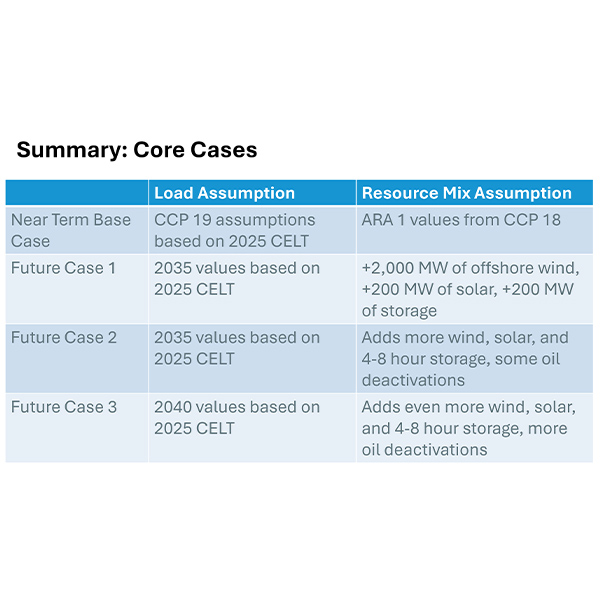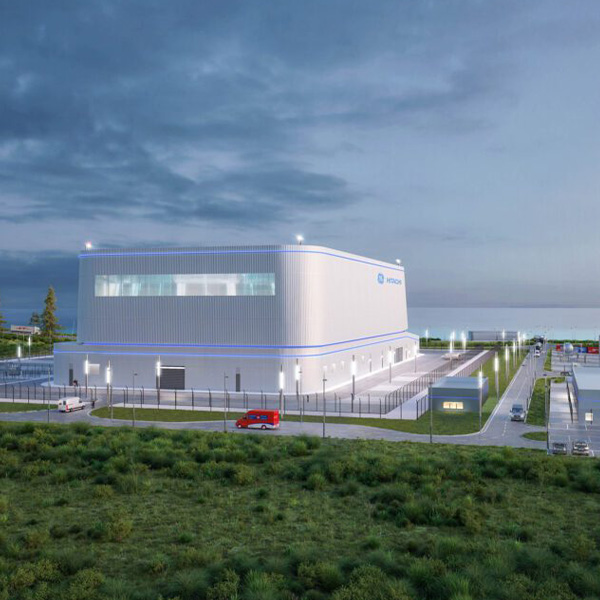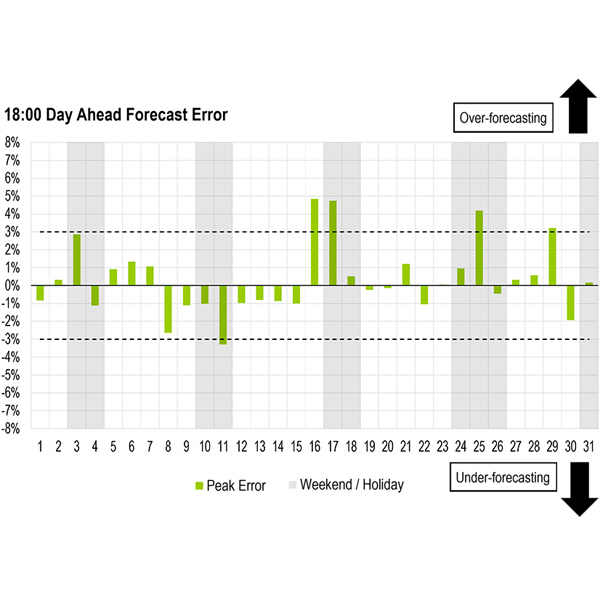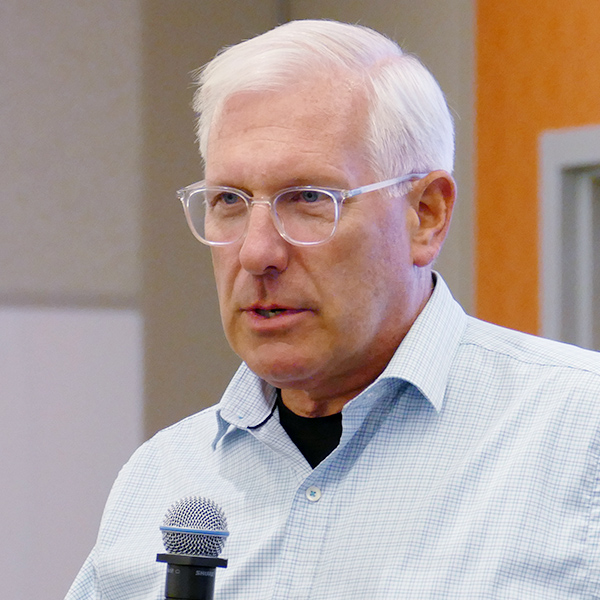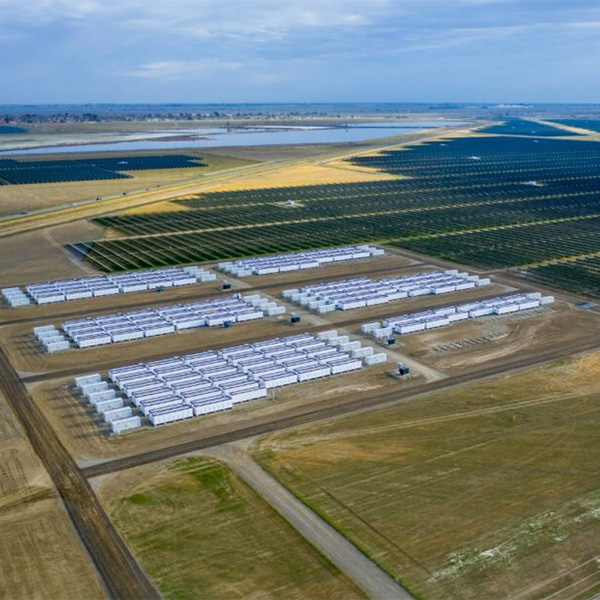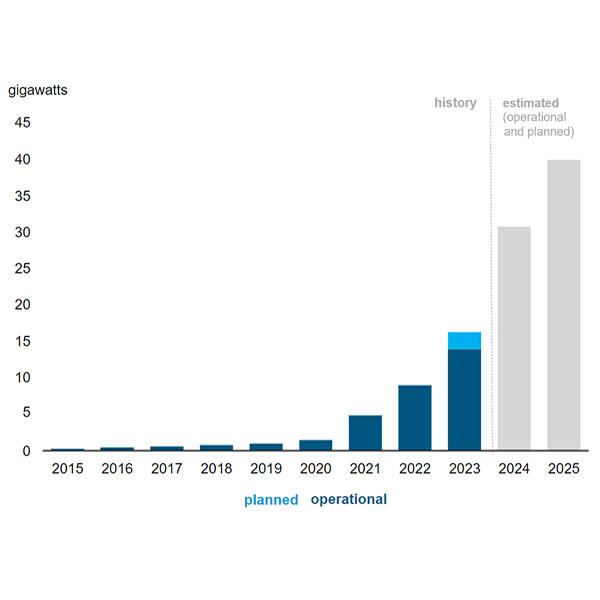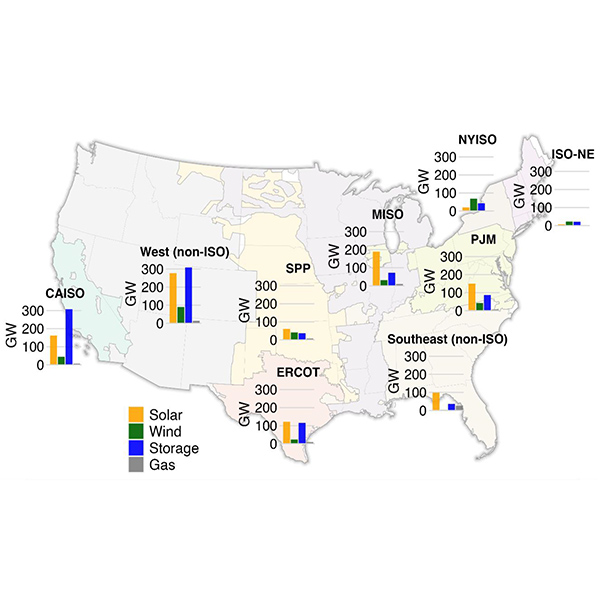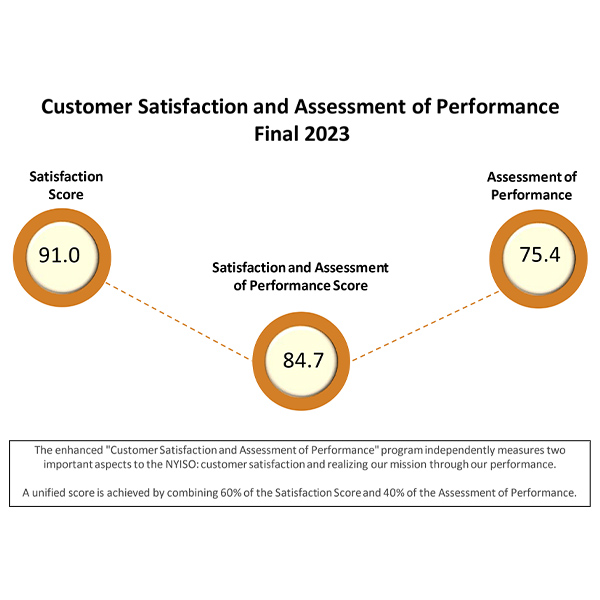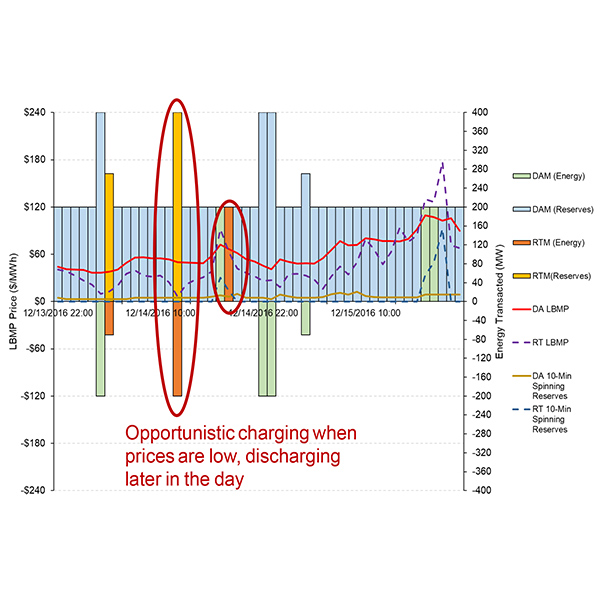hybrid resources
ISO-NE updated stakeholders on its methods for assessing the impacts of its proposed capacity market overhaul as it prepares to release the initial results of the long-awaited analysis.
Ontario environmental groups panned the Canadian government’s inclusion of small modular reactors among infrastructure projects selected to receive fast-track regulatory treatment, saying renewables would be a far cheaper way to expand generation capacity.
The month of May saw one spin event to PJM, a shared reserve event, three high-system-voltage actions and 24 post-contingency local load relief warnings, according to the RTO’s monthly operating metrics.
The PJM Markets and Reliability Committee voted to endorse a proposal to create an expedited process to study some interconnection requests.
The PJM Markets and Reliability Committee endorsed two issue charges sponsored by LS Power addressing the transparency and functionality of PJM’s marginal effective load-carrying capability accreditation methodology.
Hybrid power plants, especially projects combining solar and storage, represent a growing amount of new generation online and in interconnection queues across the U.S., signaling a shift in how renewable power can be integrated into electric power markets, according to a new report from the Lawrence Berkeley National Laboratory.
With electricity demand expected to undergo rapid acceleration by 2028, stakeholders must “pursue the full range of technology, planning and operation solutions” to meet resource adequacy needs, the DOE said in a report.
Interconnection requests across the U.S. shot up by 30% in 2023, with close to 2,600 GW of solar, wind and storage waiting to land a spot on the grid.
The NYISO Management Committee approved tariff revisions for co-located storage resources and capacity accreditation models, reviewed annual satisfaction survey results, and received updates on board compensation and Order 2023.
The NYISO Business Issues Committee approved proposed tariff changes to allow energy storage resources co-located with a dispatchable generator behind a single point of interjection to participate in the markets.
Want more? Advanced Search
